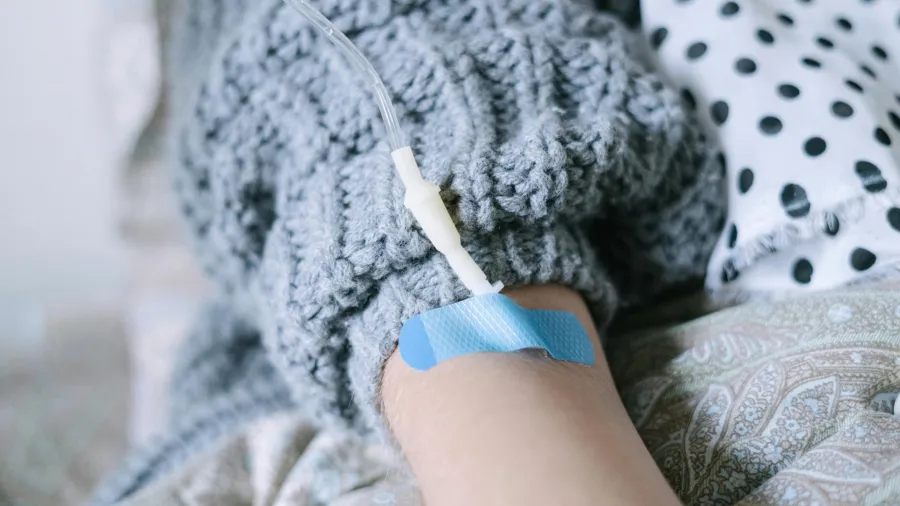
How precision medicine expands beyond oncology
It customises medical treatments based on individual genetic, environmental, and lifestyle factors.
Precision medicine is extending its transformative effects beyond its traditional focus on oncology, according to GlobalData.
The approach customises medical treatments based on individual genetic, environmental, and lifestyle factors, enhancing disease prevention, diagnosis, and treatment.
The report highlighted the growing impact of precision medicine in reproductive health and pandemic preparedness. In reproductive health, it is used for IVF biomarker screenings, endometrial receptivity arrays, and genetic embryo testing.
“Precision medicine can reshape disease treatments and provide better treatment options to patients,” said
Alexandra Murdoch, Senior Medical Analyst at GlobalData. “Historically, precision medicine has been used largely for oncology, but more areas of medicine are benefiting from precision medicine recently.”
It also noted advancements in pandemic preparedness. Recently, California Governor Gavin Newsom announced a new initiative aimed at enhancing the state's ability to tackle future pandemics using precision medicine. By integrating advanced diagnostic tools for infectious diseases, the initiative seeks to improve early detection, accelerate response times, and implement more effective countermeasures.
Murdoch further emphasised the progress in the field, stating, “Precision medicine has made significant strides in various fields, especially oncology. If we can replicate those strides in other areas of medicine, we can improve diagnostic tools and treatment options for many different diseases and conditions.
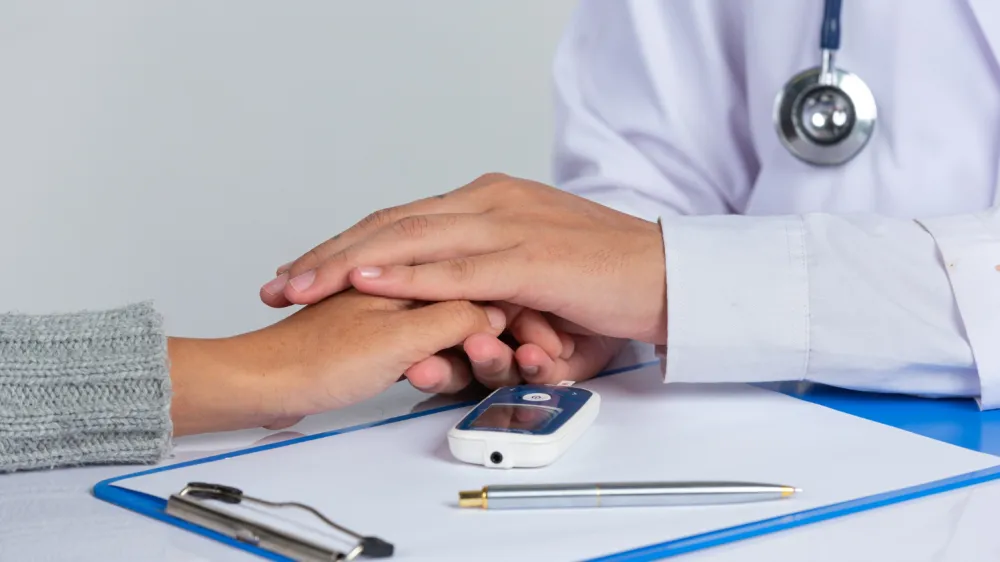
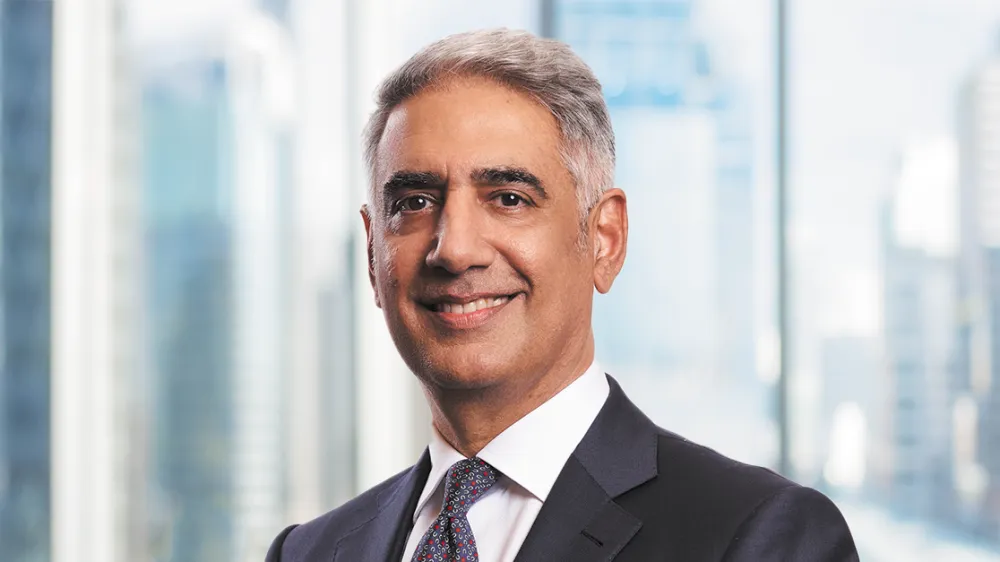

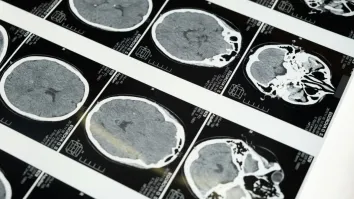
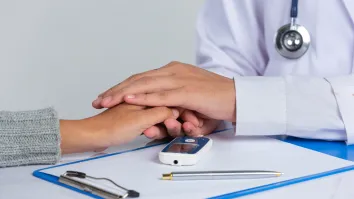














 Advertise
Advertise






